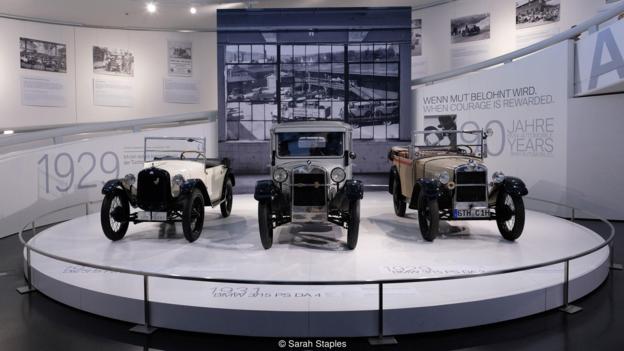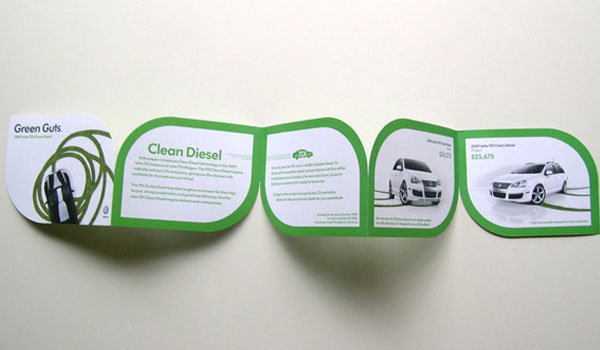Germany is a country with an incredible and varied history, but over the last 100 years, it’s a history that has become closely entwined with that of the automobile. Indeed, thanks in no small part to the global brand recognition afforded mid-tier luxury German automotive companies such as BMW, Mercedes-Benz, Audi and Volkswagen, the country has built up a reputation for building quality, reliable cars.
Germany remains a country known for its car culture and its premium automotive manufacturing heritage, with almost two-thirds of all luxury cars sold globally designed in Germany. But how did it get here?
In the beginning

How Germany became the country of cars
In Germany, cars are seen as so much more than just a method of transportation – they are a nation of collectors and a nation of perfectionists and their automobiles have always reflected this spirit. The history of German cars stretches back all the way to the 19th century when mechanical engineer Karl Benz took the classic German treats of Leidenschaft (passionate fervour) and Detailverliebtheit (attention to detail) to heart when creating the company that would make his name world-famous. Years later, the shape and concept of the modern car was arguably born on the back of the Mercedes 35 PS in 1900 and over the course of the 20th century, these innovations continued to develop across the country.
Innovation

11 Stunning Flyer Designs to Get Your Creative Juices Flowing
Germany is also a country that sits on the beating pulse of technological innovation, particularly when it comes to their vehicles. All modern German motors, for example, are designed with pressure sensors that help the car to smartly and safely manage everything from braking and power steering to emissions and electric windows. Companies provide these innovative components to help set the standard for the luxury car industry globally.
Clean futures

How To Find A Suitable Family Car For You
Finally, whilst the days of smart cars and 100% electric roads might still be a while away (though not as far as you’d probably think), there is a great push in Germany to out-innovate others and to clamp down significantly on emissions. German Chancellor Angela Merkel has made her intentions regarding the future of the industry abundantly clear by calling for an end to sales of fossil fuel-based cars by 2030. BMW, meanwhile, has put millions into the research of not only electric cars but self-driving electric cars. Volkswagen has also pledged to release 30 new electric cars by 2025, no doubt in part to offset the negative press they drew for cheating on emissions tests back in 2016.
With the German car industry set to invest €60 billion over the next three years in electric and self-driving cars, it would appear the future is as bright for the German automotive industry as the past. And as long as the vehicles coming out Germany continue to be reliable, forward-thinking and affordable, we can’t see the country’s status as the car country of Europe fading any time soon.